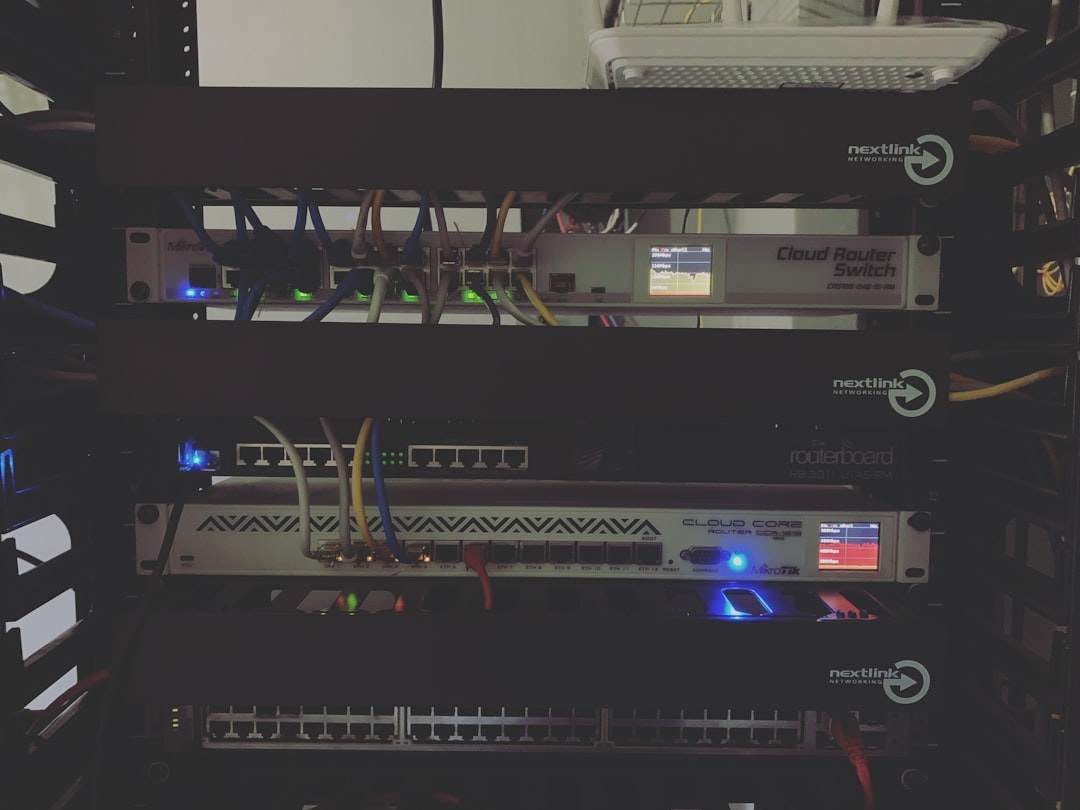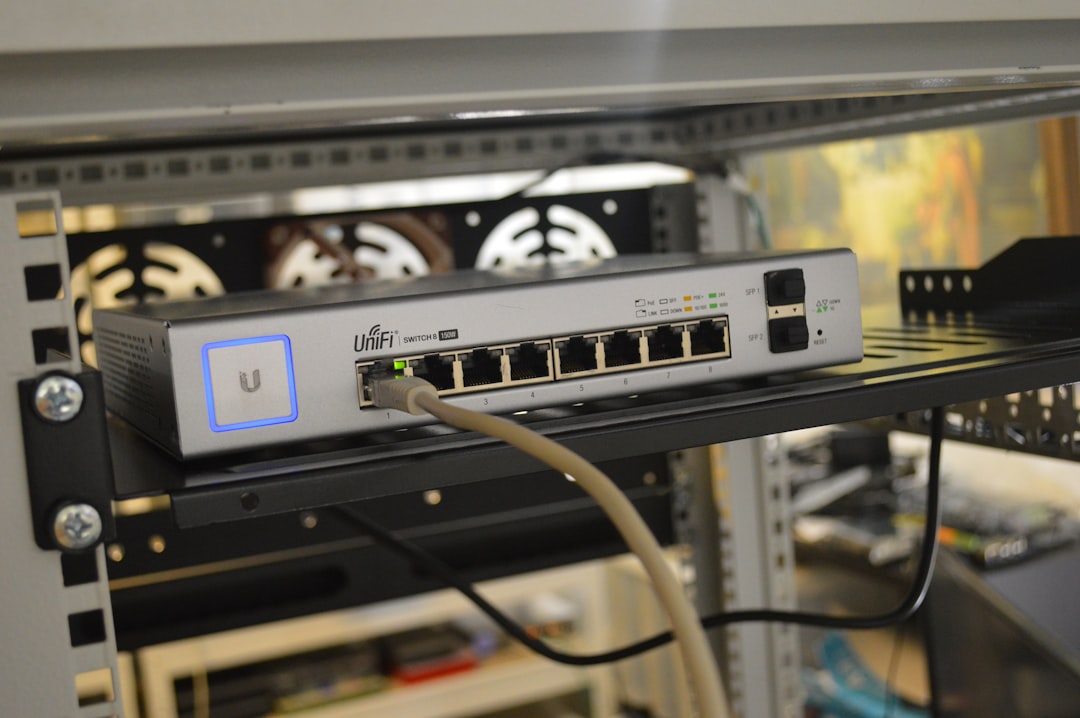In the world of web scraping, e-commerce intelligence, sneaker copping, and digital marketing, proxies are the secret weapons behind successful data gathering and online operations. Among the many types available, two often compared are ISP proxies and residential proxies. While they might appear similar on the surface, they serve different purposes, and choosing the right one can significantly impact speed, reliability, and risk levels.
Table of Contents
What Are ISP Proxies?
ISP proxies, also known as static residential proxies, are hosted in data centers but registered with legitimate Internet Service Providers (ISPs). This means they have the authenticity of a household IP address combined with the stability and speed of a data center. They’re sort of a hybrid—giving you the best of both worlds.
Here are a few key characteristics of ISP proxies:
- Faster speeds than residential proxies
- Static IPs from legitimate ISPs
- More reliable connections compared to rotating residential proxies

What Are Residential Proxies?
Residential proxies are IP addresses provided by internet service providers to real homeowners. These are routed through devices like phones and computers, making them appear as genuine users to the websites they access.
Key features of residential proxies include:
- High legitimacy—they look exactly like real user traffic
- Rotating IPs that can minimize detection
- Useful for bypass geo-blocks and bot detection
Despite their authenticity, they can be slightly slower due to the nature of shared user devices and unpredictable network conditions.
When ISP Proxies Make Sense
ISP proxies are ideal when you need a balance between speed and legitimacy. Their stable nature means they are perfect for long-running sessions without the risk of IP rotation. Here’s when you should consider using them:
- Managing e-commerce operations like creating or maintaining multiple store accounts without triggering anti-bot flags
- Web scraping massive amounts of structured data quickly
- Social media management that requires login persistence and faster response times
- Sneaker botting and ticketing where speed and reliability are crucial
They are also generally harder to block than pure data center proxies thanks to their ISP-assigned legitimacy, though they are more expensive than traditional data center proxies.
When Residential Proxies Make Sense
Residential proxies excel in scenarios where stealth is crucial. Their true residential status allows them to mimic normal web traffic patterns and access even the most heavily protected websites.

Use residential proxies in the following cases:
- Accessing geo-restricted content across different countries
- Scraping websites with advanced anti-bot mechanisms
- Ad verification where genuine IP locations are crucial
- Market research and brand protection activities that require anonymity
Because these proxies typically rotate IPs with each session or request, they’re effective in avoiding blacklists but less reliable for long-term sessions that require login states or stable presence.
Which One Should You Choose?
Choosing between ISP and residential proxies boils down to your specific use case:
- If you need speed and stability with a lower chance of IP rotation, go for ISP proxies.
- If your priority is unblockability and natural browsing patterns, residential proxies are your best bet.
It’s also worth noting that some professionals use a mix of both depending on the nature of tasks—running general scraping jobs with ISP proxies while switching to residential ones for particularly tricky websites.
Final Thoughts
Proxy choice is more than just a technical preference—it’s a strategic one. The right proxy not only increases success rates and speeds up data extraction but also helps you safeguard your online presence. As web platforms get smarter, so should your proxy strategy. Whether you go for ISP or residential proxies, understanding their subtle differences will give you a competitive edge in the digital world.





